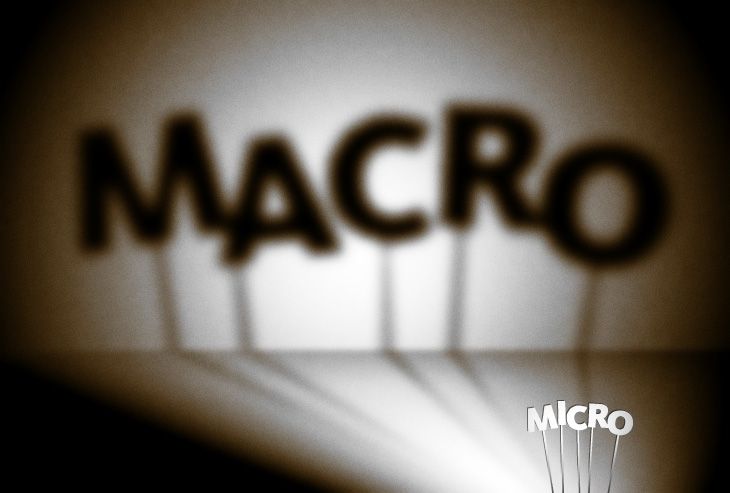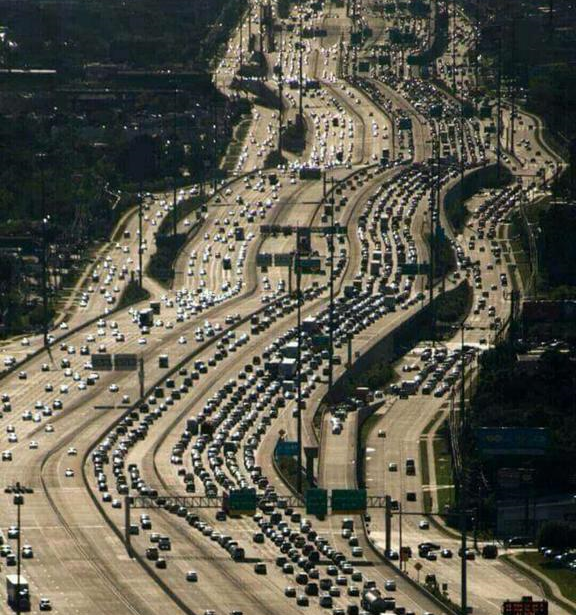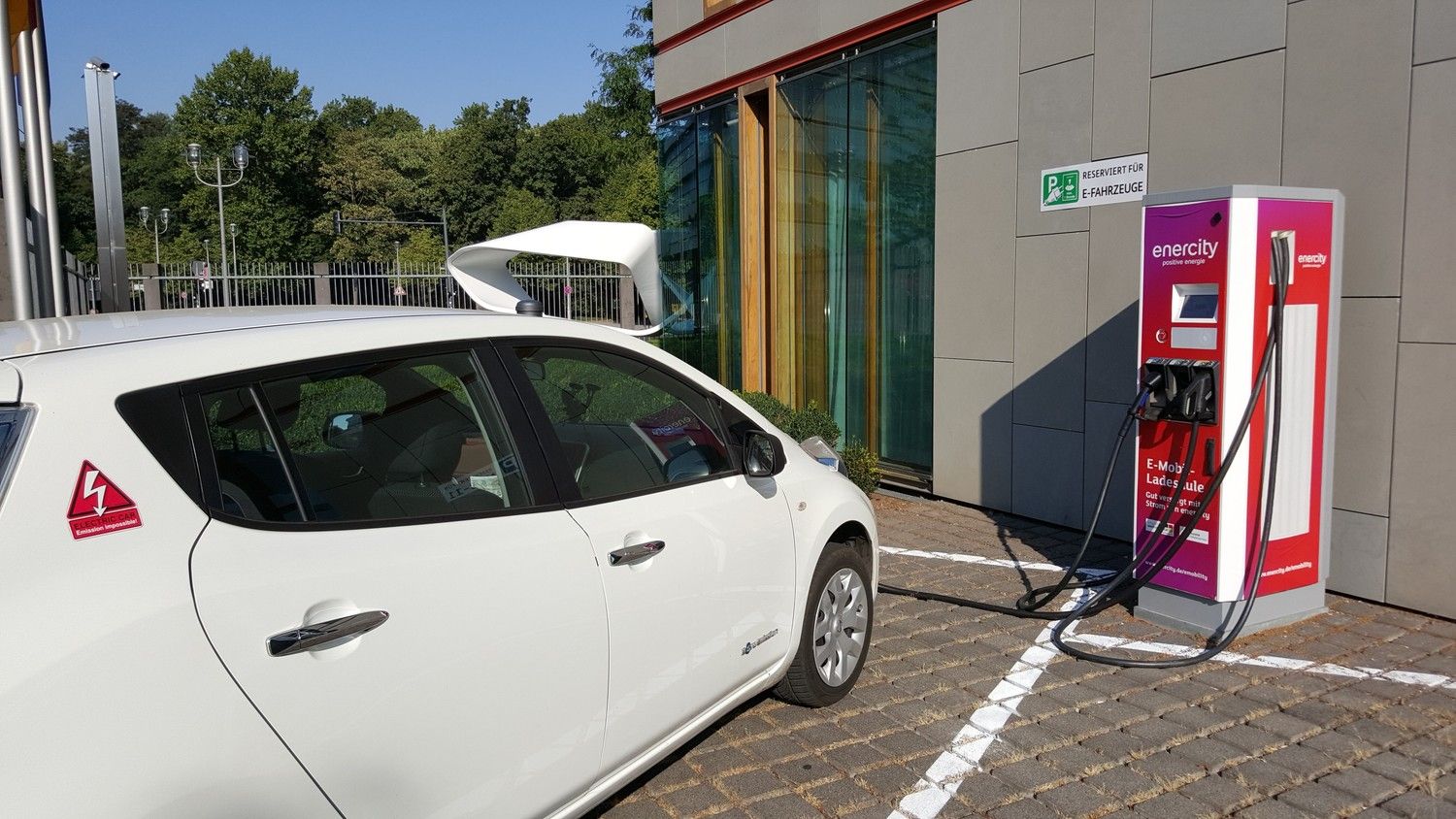I recently introduced a simulation model of mine to some potential clients. It helps estimate workforce stress levels based on actual workload and is used in classified areas of government. “Interesting”, the potential clients said, “but how did you actually model the psychological impact?”. I have been there many times before: it is tricky to relate to a simulation model but everyone grasps his own history of stress and that it is quite a delicate beast that feeds off hundreds of factors. How could we ever model such complexity?
Maybe you heard of the Nobel prize in economics and maybe you vaguely heard about the laureate, Angus Deaton. But how does his work relate to the field of agent-based simulation, if at all? First, a disclaimer: I am by no means an economist but I hold a pet interest in the field and believe it can benefit enormously by widening its horizon. I think Angus Deaton believes the same, at least his work speaks for it. Let’s explore how agent-based simulation is just the next in line from where he started…

The work of Angus Deaton almost screams out: “The small affects the large!”. His advances try to reconcile micro- and macroeconomics. How do small, individual decisions impact global economic developments? Is that even real? Let’s hear what the Nobel committee has to say on why Deaton was chosen:
Empty space, drag to resize
"Previous researchers in macroeconomics, from Keynes onwards, had relied only on aggregate data. Even if their purpose is to understand relationships at a macro level, today’s researchers usually start at the individual level and then, with great caution, add together individual behaviors to compute numbers for the entire economy."
Empty space, drag to resize
In the simulation world, a similar change can be observed: top-down modelling (I am god and declare how my model works) is improved by bottom-up approaches (Let me define individual behaviour and study how it plays out). It is hard to get a better definition of agent-based modelling.
It turns out, my little psychology model mentioned above has everything to do with his work. Angus Deaton pioneered the collection of data about individuals. How do poor spend income? How does your happiness change with income? He was convinced the answers to these questions were important. At the time, most economic models did not even allow adding such information. However, there is one type of simulation just waiting for this kind of information: agent-based modelling.

The widest highway in the world... made up of individuals.
Many economic models adore averages and approximations. This is often fine and working well in times of “normal” activities. However, in crisis (personal or global), homo economicus departs neat model assumptions. Angus Deaton always preferred to explore the variation. Not just for interest but because it matters: if a part of a population does not behave rationally, this can cause unpredictable outcomes. Well, unpredictable to models assuming population-wide rationality. What if we had models where individuals can be different from each other, follow their own (rational or non-rational) agenda and interact with each other? Oh, it already exists? What is it called? Agent-based modelling!

On average, I never use my electric car. But still, I want it around when I need it...
In your opinion, why is there so little simulation in the economics world? Do you think it is justified to stick with the old, elegant mathematical models or has the past shown they are useless? Share your thoughts and join me in congratulating Angus Deaton.




